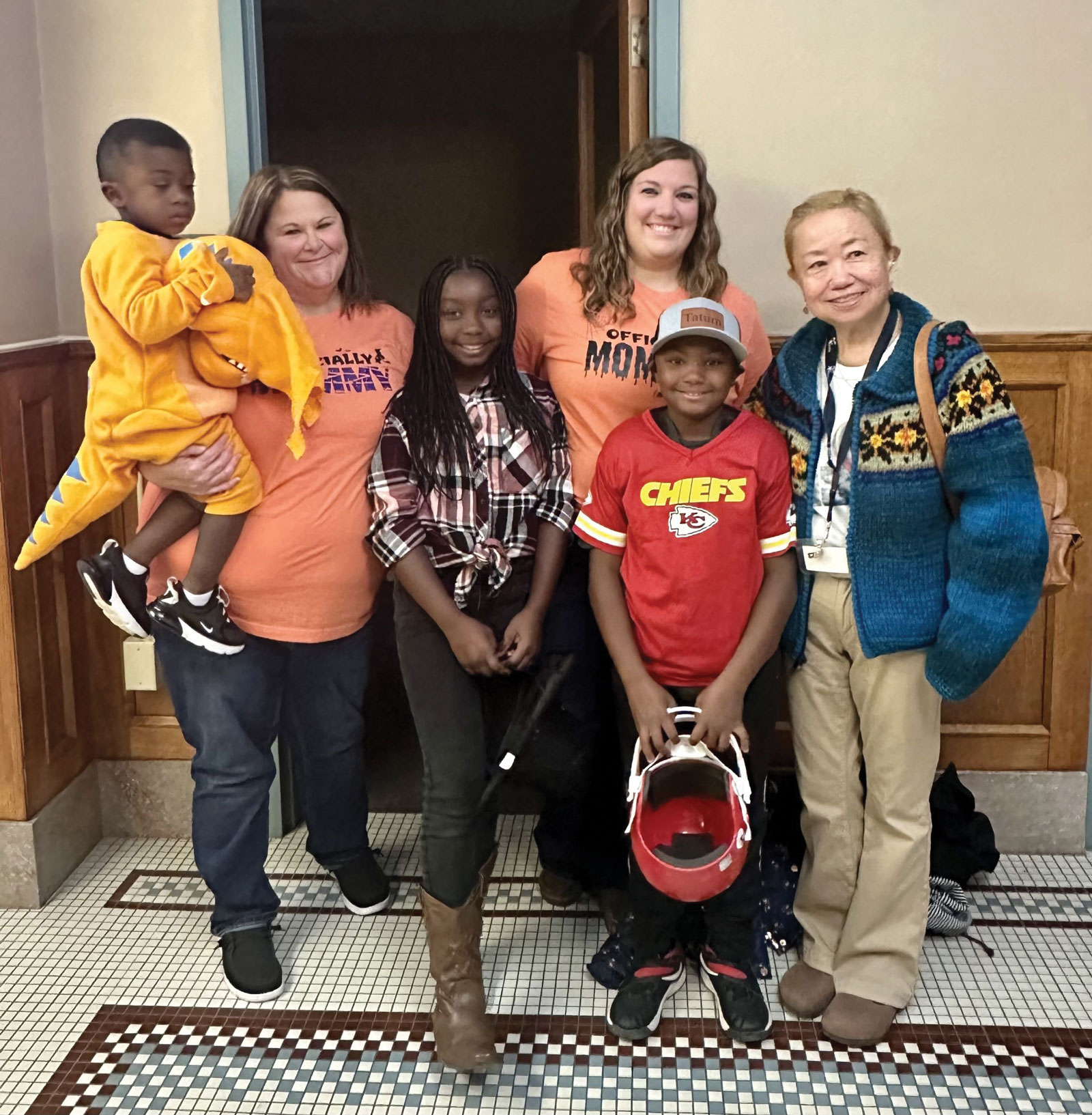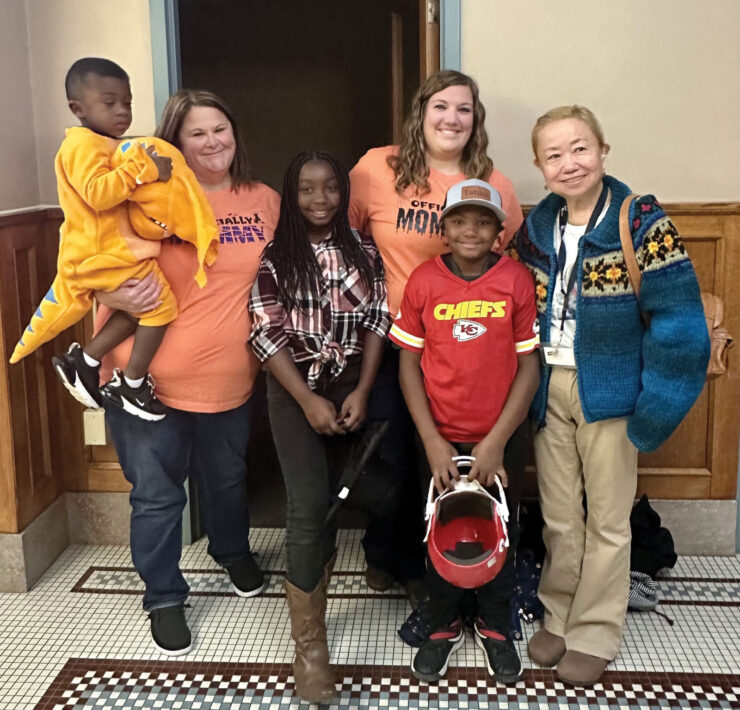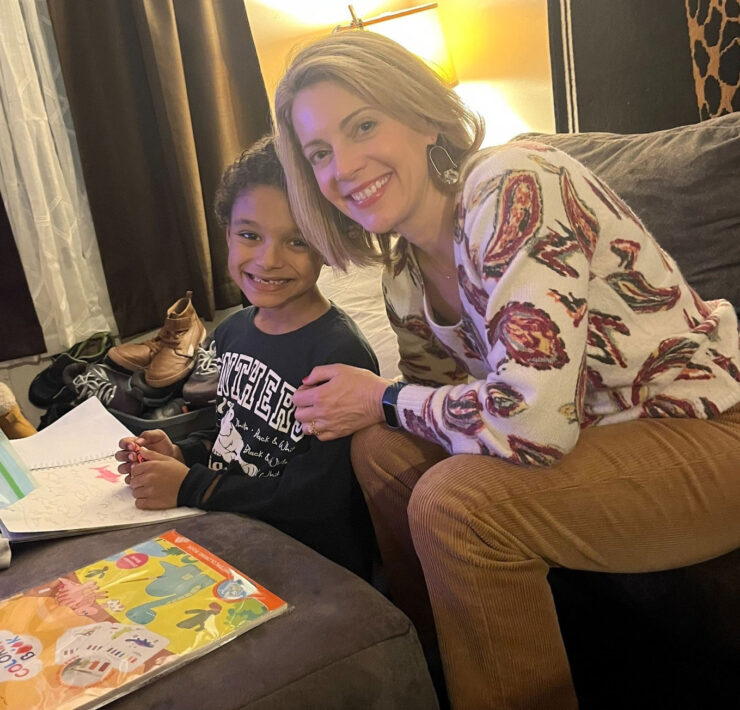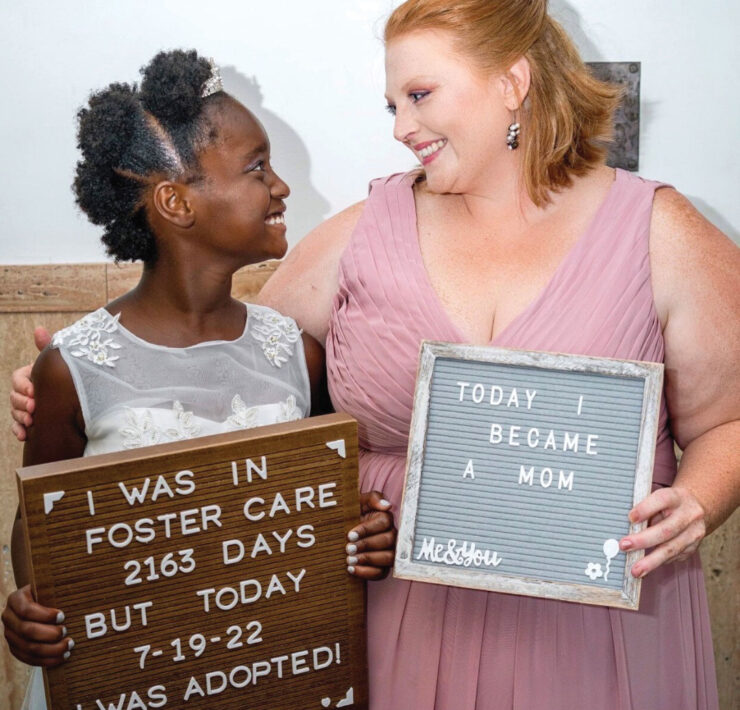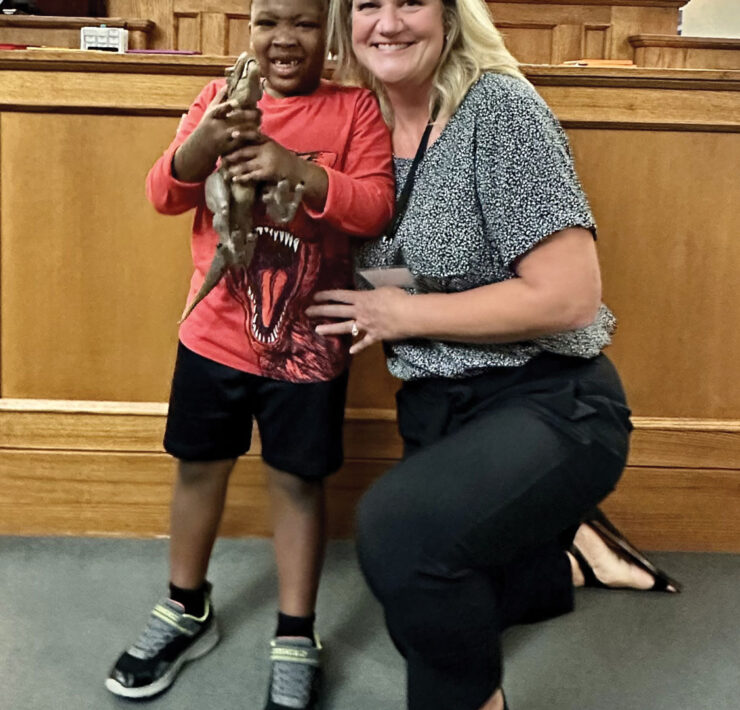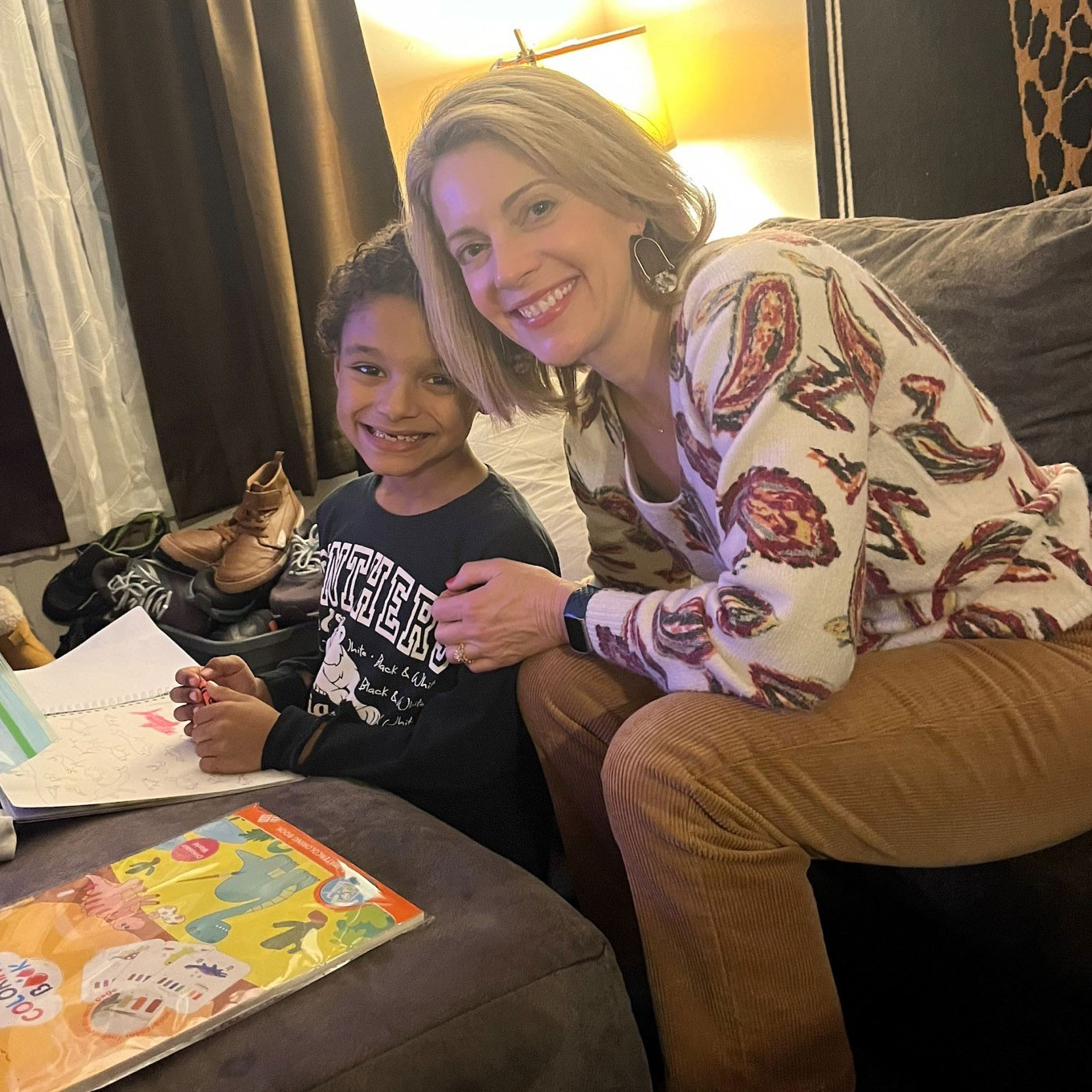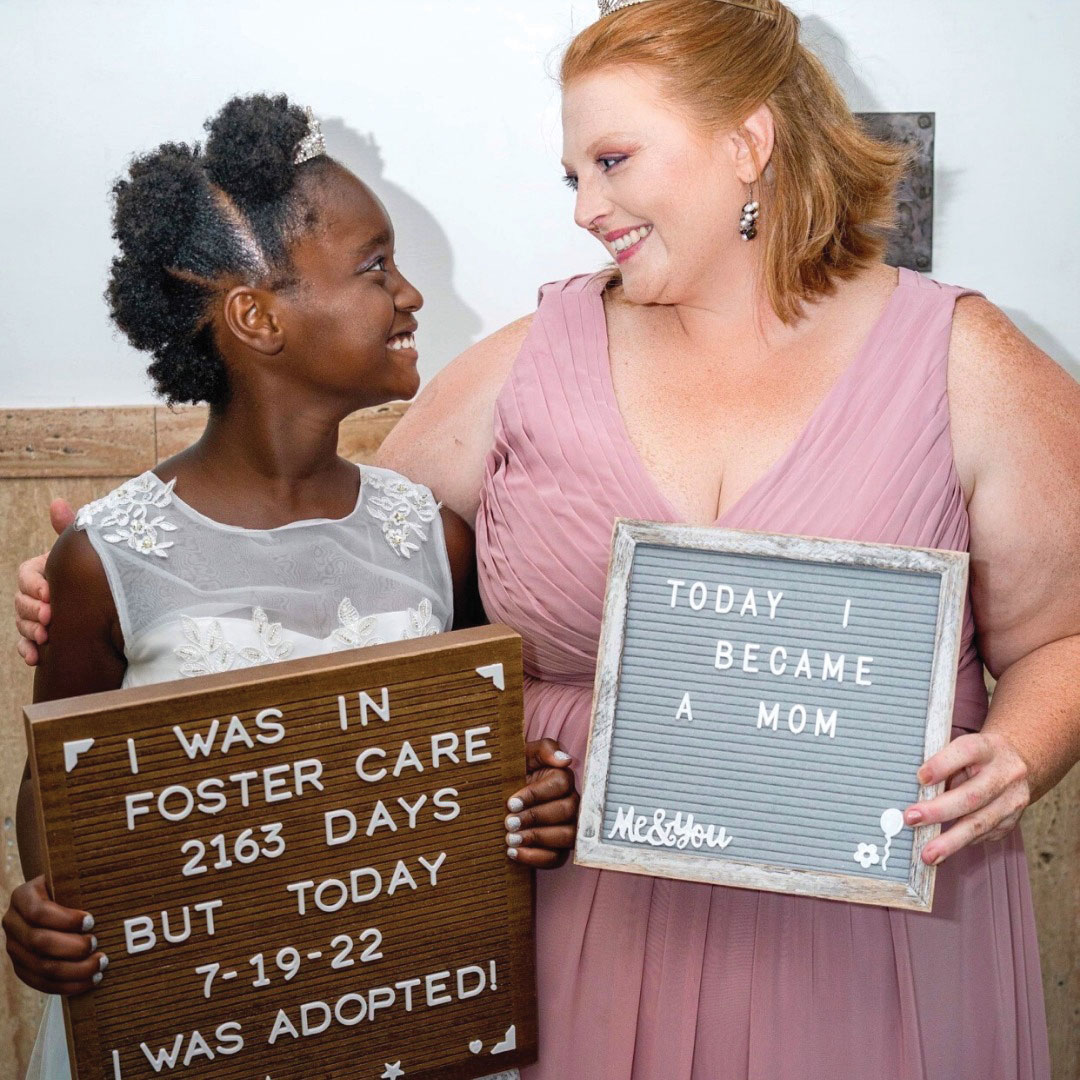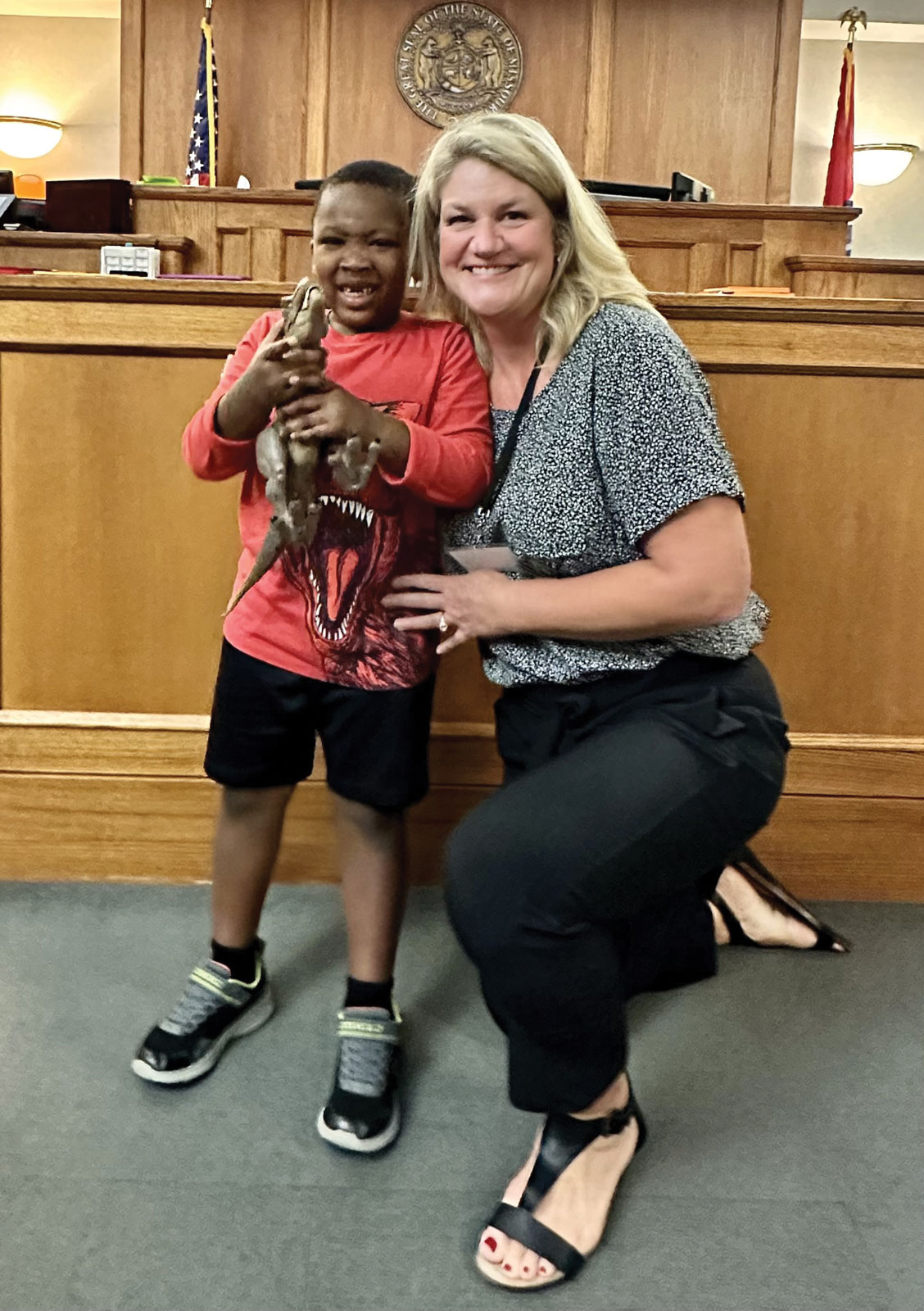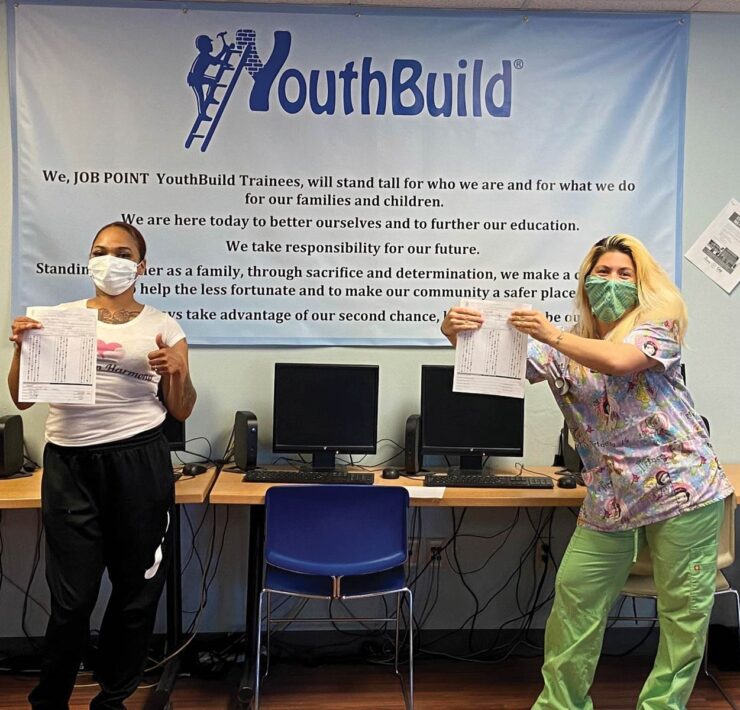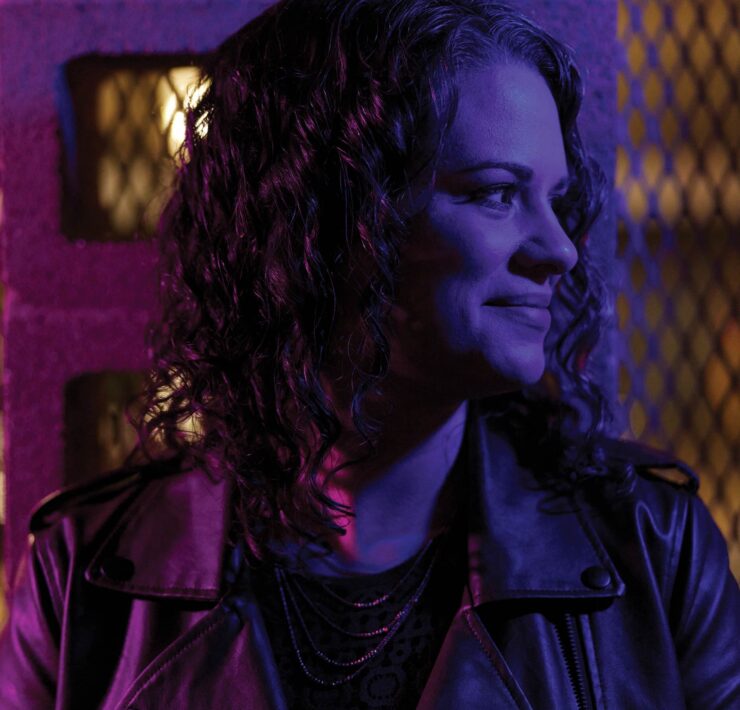Change a Child’s Story
- This story originally appeared in the April 2024 "20 Under 40" issue of COMO Magazine.
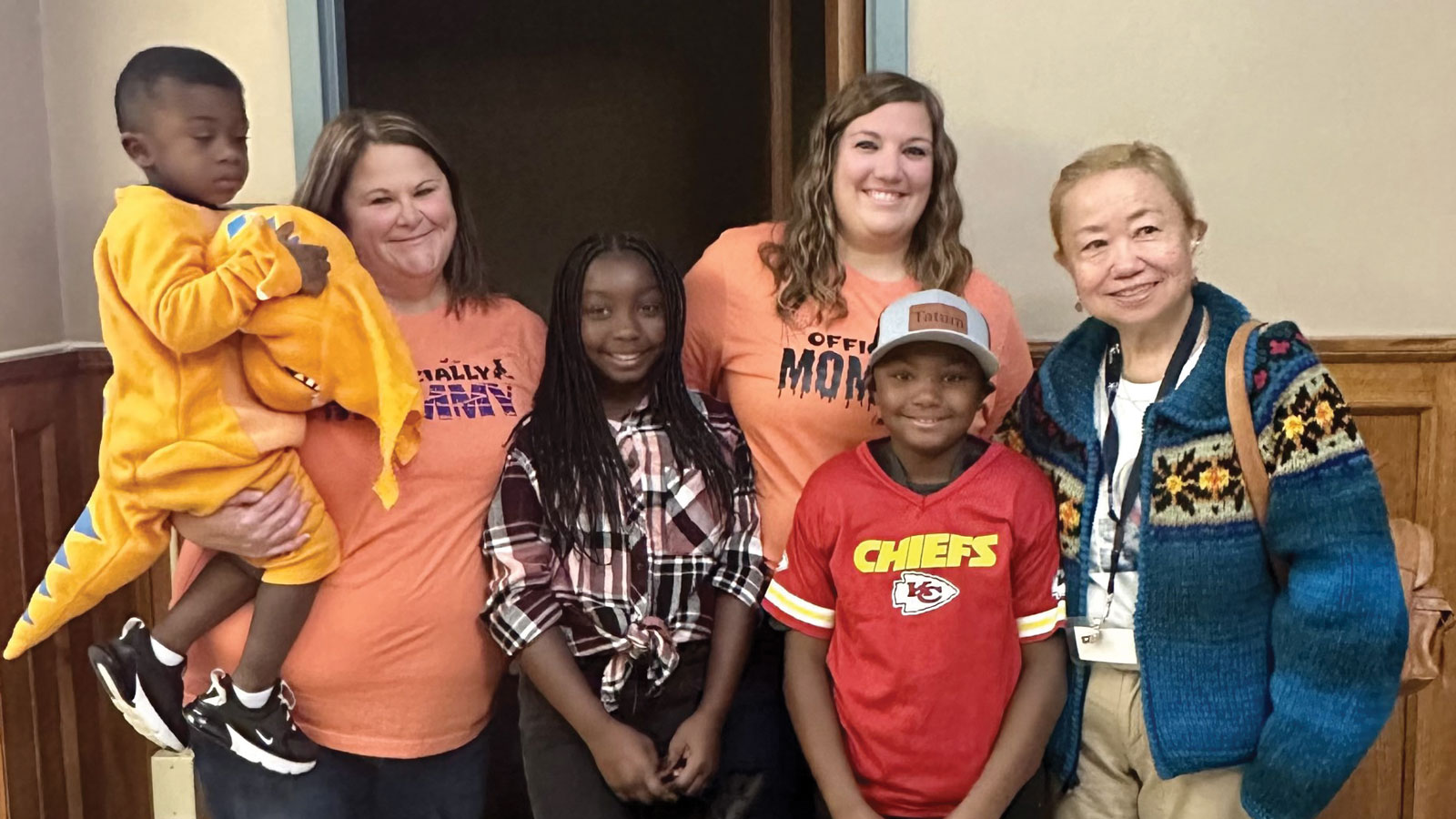
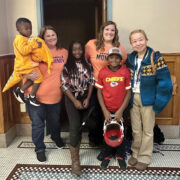

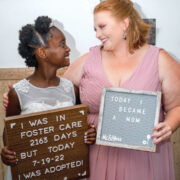
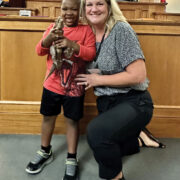
Change a Child’s Story
Change a Child’s Story
Change a Child’s Story
CASA is an acronym for Court Appointed Special Advocates. What makes these advocates special? It could be that they aren’t hired hands but rather well-trained volunteers who work within our judicial system; or it could be the people for whom they advocate: children in foster care.
Beginning and Growth
In 1976, Judge David W. Soukup of the Seattle juvenile courts was faced with a life-changing decision for a three-year-old who had suffered child abuse. The child’s sole representative in court was her mother with whom the child lived when the suspected abuse happened. The judge needed more information. He needed someone with no agenda other than the welfare of the child to make recommendations.
Judge Soukup called together a handful of community members to present his idea of volunteer advocates. Word spread, and instead of the five or six individuals he had invited, roughly fifty people showed up, and CASA was born.
Since its inception in the mid-seventies, CASA has taken root and grown. Across the nation, there are now 950 programs. The Heart of Missouri CASA in Columbia was established in 2005 and has tripled its program in the last three years.
Individuals CASA Serves
In Boone and Callaway counties, 650 children are in foster care each year. With the current number of CASA volunteers, that leaves about 250 unserved children in those counties. Kelly Hill, executive director of Heart of Missouri CASA, says Missouri takes kids into foster care at twice the national average. She believes the reasons for that statistic could be due, at least in part, to the lack of resources that the state has for people who are struggling mentally, financially, or with drug abuse.
“This is the end result,” Hill says. “Kids experience abuse and neglect. States that can better address these problems have fewer kids in care.”
Each of the children in foster care enters the system because there is substantiated evidence of abuse or neglect. This can happen at any point in a child’s life — from birth (at times, newborns are tested for drugs while still in the hospital and immediately removed from their parents’ care if they test positive) to toddlerhood to elementary school age to teenage years.
How It Works in the Community
On average, a child in foster care will move five times before they “age out” — meaning they become adults and can go their own way —or find a permanent home. Caseworkers and court-appointed attorneys assigned to the case come and go. Although these adults play significant roles in the child’s life, it’s a challenge to advocate for the child’s welfare more directly. In short, they simply don’t have the time to devote to that child’s advocacy.
The CASA is the one adult who will remain constant throughout the child’s time in foster care, getting to know the child and his or her situation and being able to make recommendations to the court on the child’s behalf.
The CASA becomes the case historian, which is a vital role because, as Hill tells it, “When caseworkers change over, research shows us it sets the case back three to six months.” That isn’t the story of a child who has a CASA. The volunteer can brief the new caseworker in a fraction of the time it would take them to read the child’s history.
“A CASA volunteer is there to be one consistent adult that just cares about that kid,” Hill explains “Their only objective is to get to know them; to make sure the court hears their needs and their wishes; to make sure they don’t get lost or forgotten in a system that’s very overburdened.”
The Stories
Not every child’s story ends happily, but as Hill says, “Kids who have a CASA have a much better chance of better outcomes.” Statistics show that children who have a positive relationship with an adult have a greater chance to grow into healthy adults and positively contribute to society.
One story that highlights the power of CASA in a child’s life is that of a thirteen-year-old girl. Kelsey (not her real name) had some challenging behavioral issues. Those problems caused more problems. It was a domino effect. Her family support team concluded that Kelsey would age out of foster care in seven or so years. At that point, a CASA volunteer entered Kelsey’s life and turned it around. One year later, Kelsey had a permanent home and was thriving.
The Challenges
Heart of Missouri CASA is a 501c3 nonprofit. It receives some funding from the state, but grants, special events, and individual donations mainly support it. With a small staff of eleven to do the work required to run a growing organization that serves more than 400 children each year, the need for funds and volunteers is always on the front burner.
How You Can Help
- Attend “Voices,” CASA’s annual event and fundraiser, a free family-friendly afternoon that will take place this year from 3-6 p.m. on June 9 at Logboat Brewing Company. There will be live music, food trucks, and a silent auction.
- Support CASA financially.
- Become a CASA volunteer.
- Sign up on CASA’s website to attend an info session.
CASA
105 E. Ash St. #102
573-442-4670
homcasa.org



